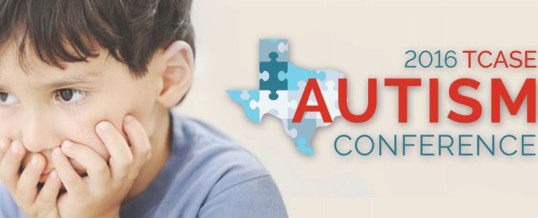By Carol S. Weinman, Esq., Autism Legal Specialist
“My son didn’t do this. He wouldn’t even know how to do this.” These are the words I hear uttered over and over again in my work with criminal defendants on the autism spectrum. That’s when my challenge begins. My mission: to persuade others in power to understand why this individual could not possibly have committed the crime he is charged with. Of course, each case is as different as each individual. In certain cases, it is possible that someone with Autism Spectrum Disorder (ASD) may have knowingly committed such an offense. But, in most scenarios, after reviewing all the information on this particular defendant, I arrive at the same conclusion – it just isn’t possible, at least not intentionally.
Of course, that assumes you understand ASD. If not, well then, all bets are off. If the police officer, attorney, judge or prosecutor views this defendant through the lens used for more typical criminal offenders, then the situation looks very different. The behavior that resulted in an arrest is perceived as criminal under the law. For the court and prosecutor, it is that simple. But, is it? I would argue it is anything but. Because ASD is very complicated. It is at times often subtle and unrecognizable to the uneducated eye. That’s what makes it so imperative that those making what can be life-altering decisions for these offenders understand that it isn’t what it looks like. This is exactly what I set out to do when I represented an individual charged with stalking.
APR


